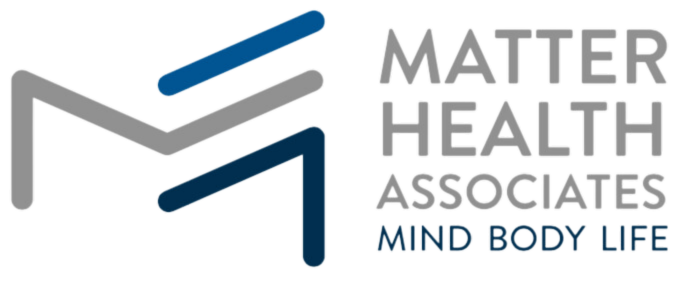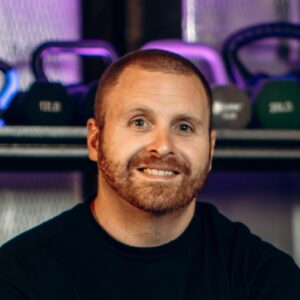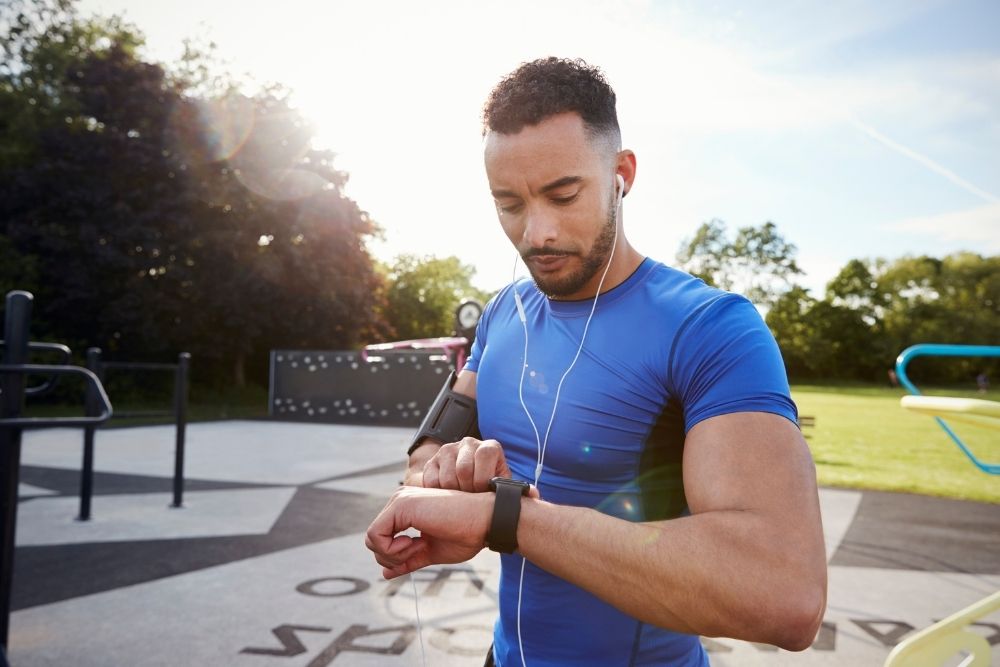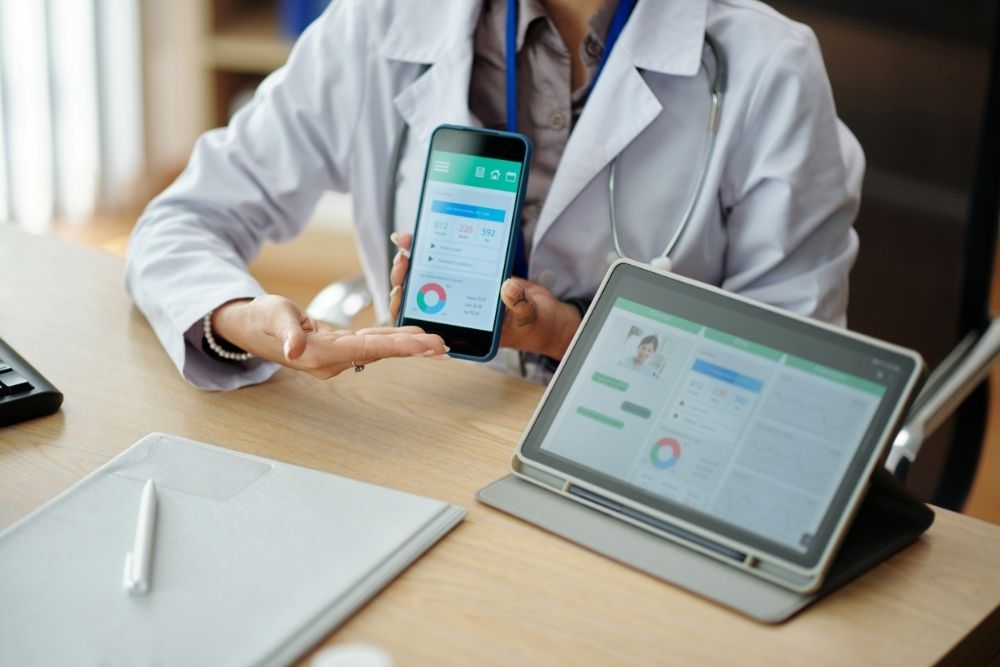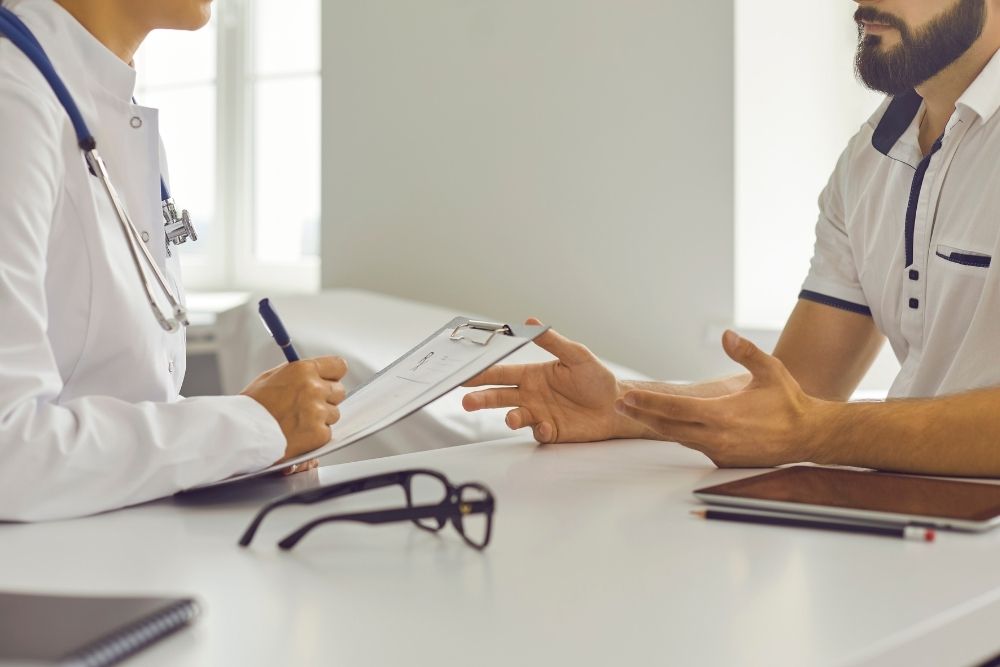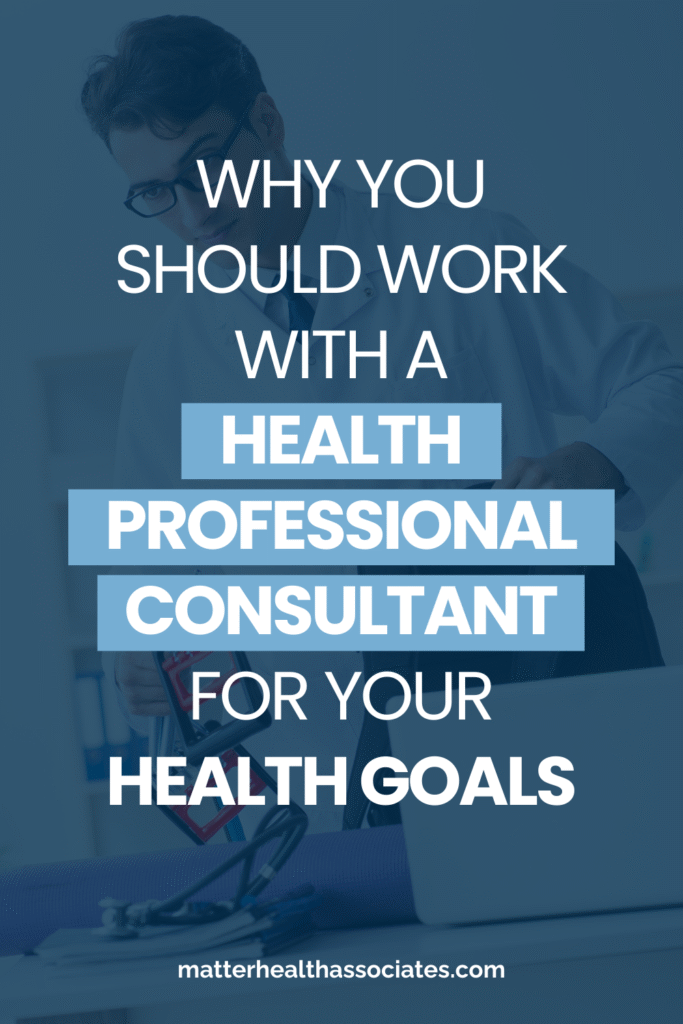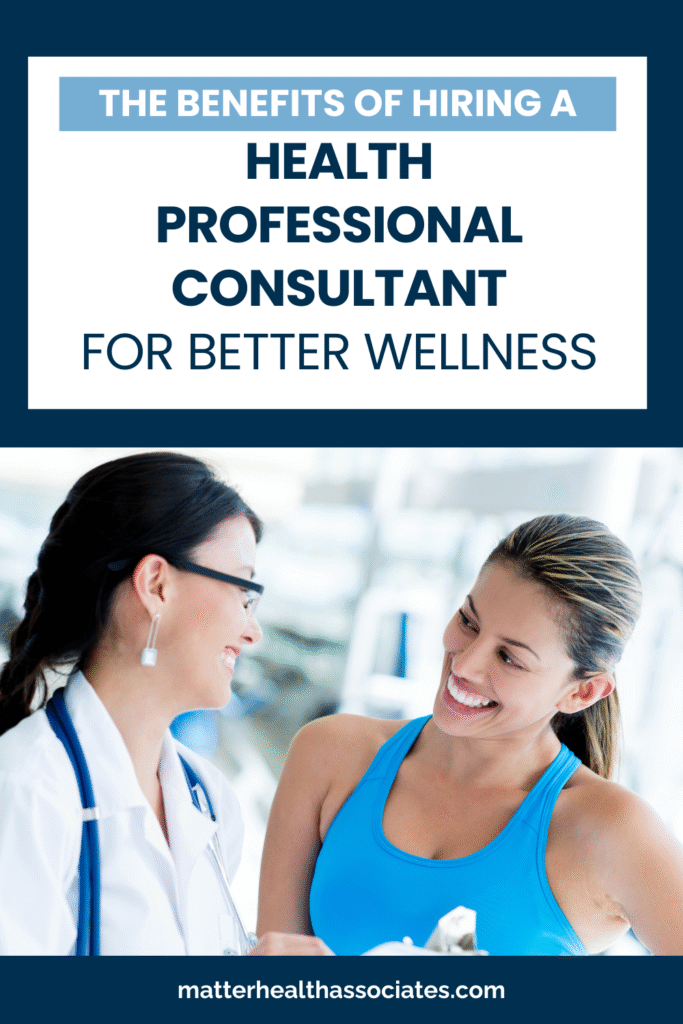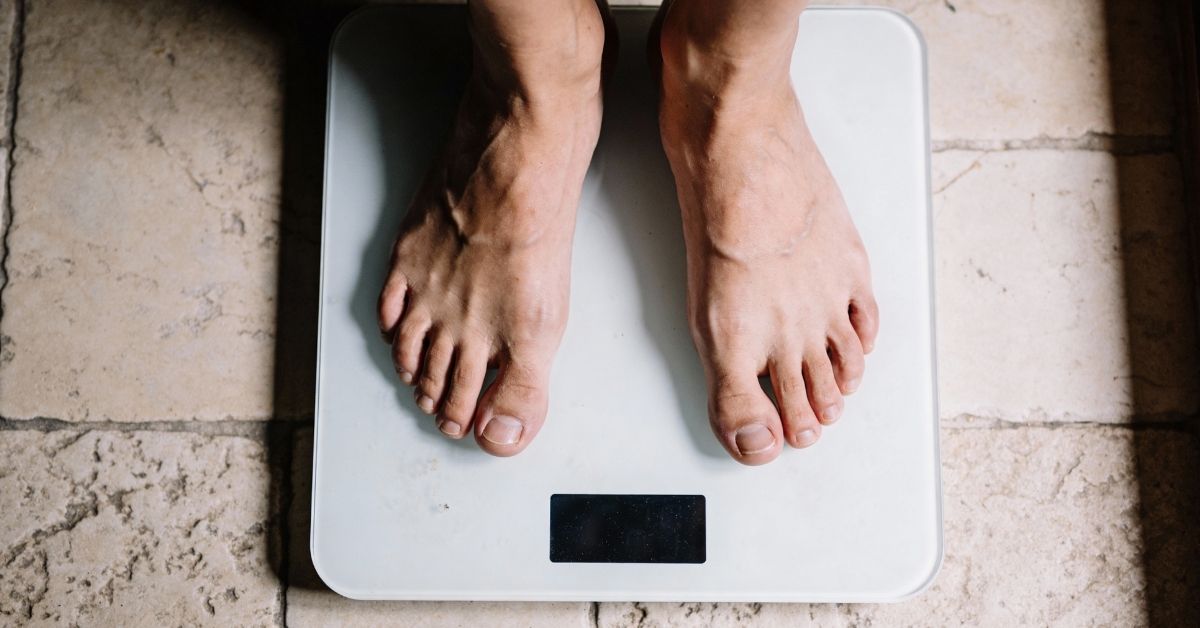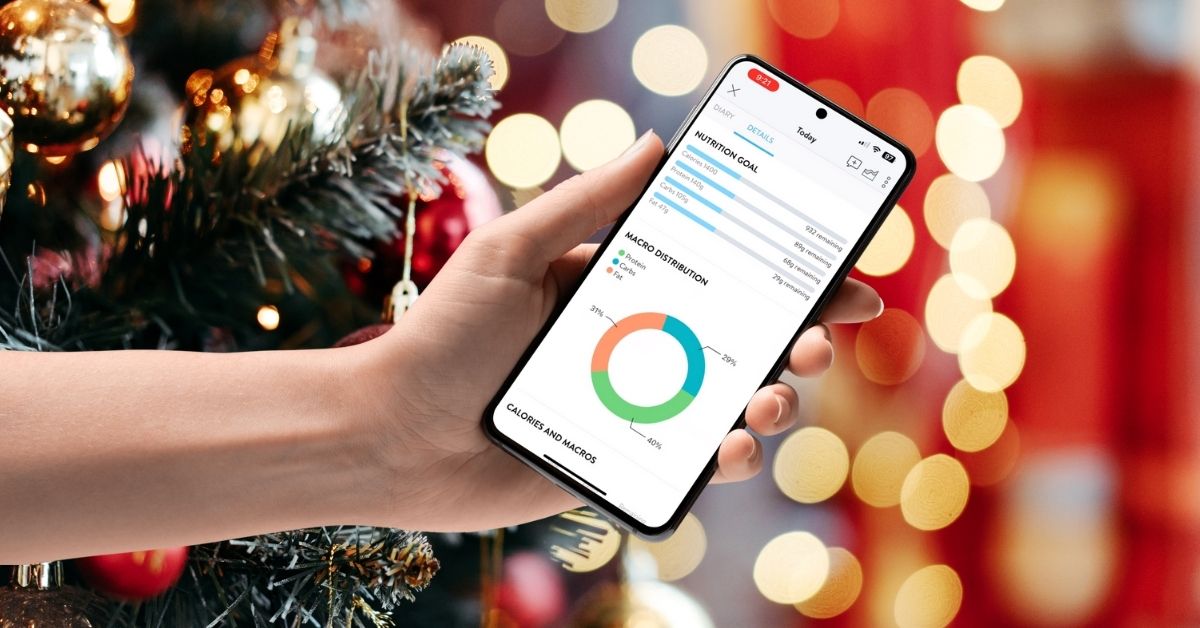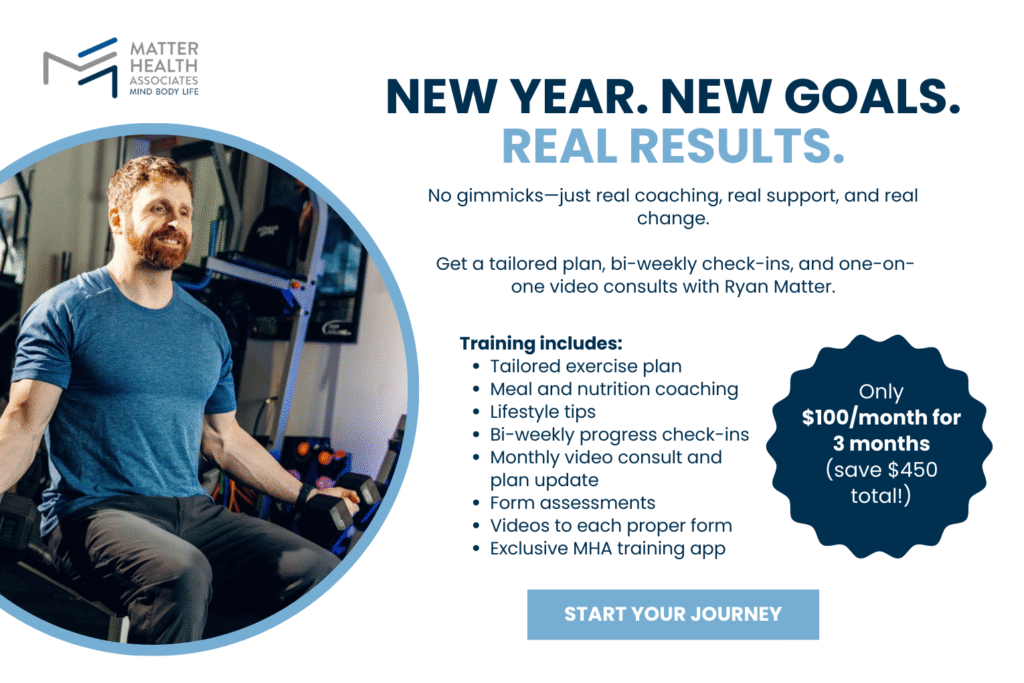We live in a world overflowing with health, fitness, and nutrition information, yet obesity rates continue to rise. We have access to all the answers, but knowing them isn’t enough. That’s why having a health professional consultant is so crucial, because even when you have all the pieces, they don’t always fit together objectively without someone overseeing the whole picture. Finding the right starting point is often the key to making lasting change.
The Role of a Health Professional Consultant in Your Wellness Journey
When I work with clients, I can identify hundreds of things they could improve. But the real question is: what are the top three priorities? How do you organize and act on those priorities? Working with someone on fitness and nutrition isn’t all that different from managing a team or a project. You have to know what needs attention this week, how to allocate energy, and when to pivot.
For example, energy might be distributed like this: 15% nutrition, 10% fitness, 15% sleep, 20% stress management, 25% ergonomics and movement, 15% corrective exercise. These numbers aren’t static—they fluctuate depending on what someone truly needs at that moment. And that’s what overwhelms people: not knowing where to start.
Why Health and Fitness Apps Can’t Replace a Health Professional Consultant
Many people today are using health and fitness applications, but they can overload themselves by constantly tracking macronutrients, micronutrients, protein needs, weight loss, VO2 max, age calculators, and more. At the end of the day, these numbers are still educated guesses—not definitive answers—and people often develop too much emotional attachment to them.
To understand when to lean into technology and when to trust your body, check out: How to Understand the Good and Bad of Exercise and Nutrition Technology.
I always say, “You win, you lose, it’s all the same to me,” borrowing from the great Lemmy quote. If you gain two pounds, you shouldn’t be upset. If you lose two pounds, you shouldn’t be overly excited. Sometimes a two-pound loss can be a negative sign—your body might be purging or in a deficient state—while a gain might simply mean your body didn’t process something or is recalculating its natural cycle. Progress is more intricate than just looking at numbers.
Why Tracking Too Early Can Mislead Progress
The biggest problem people miss with these applications is that tracking too early can actually mislead them. I often don’t start tracking my clients’ progress in apps for the first five weeks, depending on the learning assessment. Sometimes the body needs a detoxification process—removing sugar, properly hydrating, or balancing water filtration—where weight might temporarily increase. It’s a “backward to go forward” process. Before you can track numbers accurately, the body needs to get into balance.
Understanding how to interpret health data correctly—rather than obsess over numbers—requires statistical literacy, which is one reason why a health professional consultant is essential.
Key Roles of a Health Consultant in Your Wellness Journey
It also feels good when you have a professional health consultant overseeing the process to explain what’s happening. People often get discouraged when they see a two-pound gain, but understanding that it’s just water retention or the body adjusting to new vegetables can make all the difference.
Seeing the progress the following week reinforces accountability and provides the certainty needed to trust the process. One of the things I always say is that putting the pieces together is the key to igniting the spark. Being a facilitator in someone’s health journey is different from being in a hierarchy where the person is told what to do. When someone takes control of their own health profile, that’s when true transformation begins.
How a Health Professional Consultant Supports Lifestyle Changes Beyond Numbers
Sometimes your best progress is measured in the simple things, like how your clothes fit, rather than constantly reviewing bioimpedance measurements, anthropometric data, or DEXA scans. Apps and measurements are excellent starting points for awareness, but the goal is to internalize the results and let them guide you subconsciously—without becoming obsessive.
Why You Should Work With a Health Professional Consultant
Having a professional guide provides achievable goals and an objective perspective, which can counterbalance instinct. You can’t put a number on feeling good, but you can guide someone to start feeling different—whether that’s through balancing their body, improving digestion, or optimizing movement. At the same time, the objective oversight ensures progress doesn’t turn into obsession or confusion, which I see far too often.
